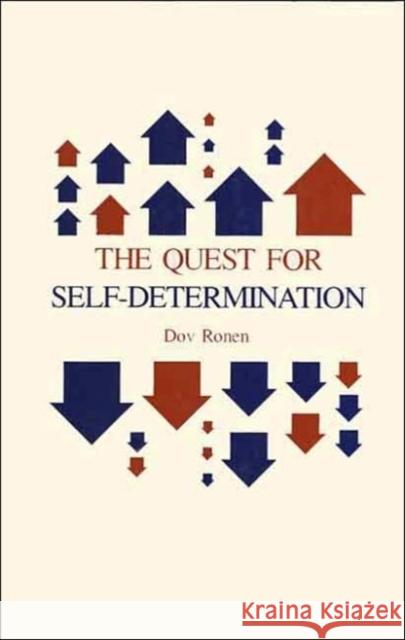The Quest for Self-Determination » książka
The Quest for Self-Determination
ISBN-13: 9780300023640 / Angielski / Twarda / 1979 / 192 str.
All over the world, ethnic groups are striving to break away from the larger political entities that control their affairs. The quest for self-determination is one of the most persistent, pervasive movements of this century. Dov Ronen proposes in this interpretive essay that ethnic nationalism is simply the newest form of a basic human drive for self-determination that has been manifested in four other movements since the French Revolution: nineteenth-century nationalism, Marxist-Leninist class self-determination, self-determination for minorities as espoused by Wilson, and decolonization.
Ronen's intention in this book is to explain what self-determination is, why people fight for it, and what the implications of the struggle may be. He looks at the past in order to explain past manifestations and at the future in an attempt to assess the possible impact of today's ethnic movements on a world that is becoming increasingly interdependent and, in other respects, seems to be moving toward, not away from, integration. Though Ronen's approach is primarily analytical and philosophical, he uses four cases (the Scots, Biafra, the Palestinians, and South Africa) to illustrate the application of his thesis to current events.
In conclusion, Ronen argues that the disintegrative effects of ethnic nationalism do now contradict but complement the trend toward regional, continental, and even global integration. He foresees a new world order in which a large number of small sociopolitical entities exist within a few large economic conglomerates.











